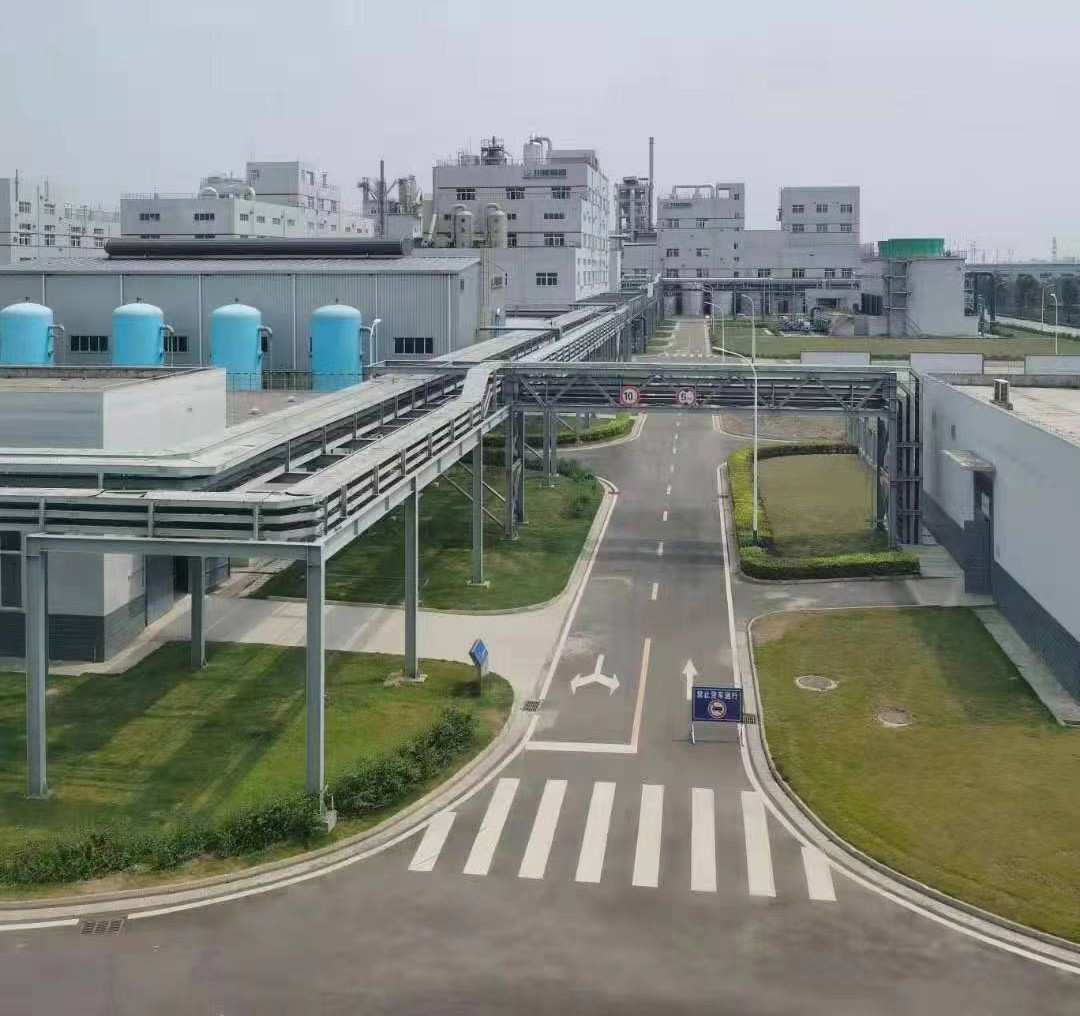Industrial Grade Nickel Sulfate Standard
Jul,09,25
The standard of industrial grade nickel sulfate is mainly based on "HG/T 2824-2022 Industrial Nickel Sulfate":
Applicable to industrial nickel sulfate, mainly used in the production of electroplating industry, oil hydrogenation catalyst, pharmaceutical industry catalyst, mordant for reducing dyes, metal colorant and other industrial nickel salts.
Industrial nickel sulfate is divided into monohydrate nickel sulfate and hexahydrate nickel sulfate.
Technical requirements: Main content: The nickel content of monohydrate nickel sulfate and hexahydrate nickel sulfate has different specifications, such as the nickel content of hexahydrate nickel sulfate has specifications such as ≥22.5%, ≥22.0%, ≥20.5%.
Impurity content: There are strict restrictions on the content of impurities such as iron, zinc, copper, cadmium, calcium, magnesium, manganese, and cobalt.
Appearance: Nickel sulfate monohydrate is white crystals or powder, and nickel sulfate hexahydrate is green crystals.
Test method
The standard specifies the determination methods of nickel content, impurity content, etc., such as titration or spectrophotometry for nickel content.
Inspection rules
Factory inspection: Each batch of products needs to be inspected for nickel content, appearance, etc.
Type inspection: Conducted regularly or when raw materials or processes change, inspect all items.
Marking, labeling, packaging, transportation and storage
Marking and labeling: Product name, specifications, net weight, batch number, production date, implementation standards, etc. must be indicated.
Packaging: Packed in woven bags or barrels lined with polyethylene plastic bags, sealed and moisture-proof.
Transportation: Prevent rain, moisture, and packaging damage.
Storage: Store in a ventilated, dry warehouse to prevent moisture.






